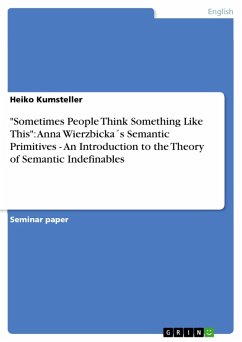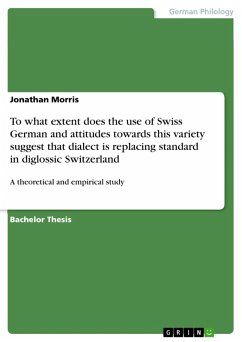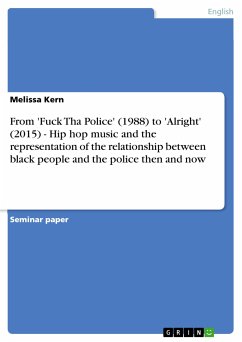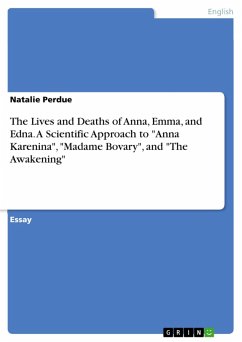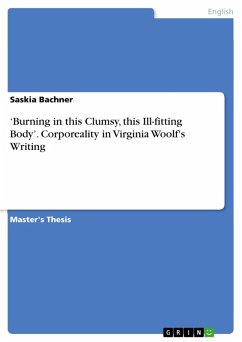Seminar paper from the year 2003 in the subject English Language and Literature Studies - Linguistics, grade: 2,0 ("Good"), Free University of Berlin, course: Meaning in Language, language: English, abstract: For the past twenty something years, hardly a theory has caused as much uproar and discussion in Semantics as Anna Wierzbickas theory of the Semantic Primitives. Her theory, inspired by te works of Leibniz and other inquiries into the relation between language and thought, and first set out in detail in 1972 in her work "Semantic Primitives", was among the first serious attempts to "establish" a semantic explanation for the connection between the meaning of words in human language and human thought processes: since humans use language as their only known tool to formulate thoughts, it followed that the meaning of words in any given language could only be explained using other words. Wierzbicka took up this idea but concluded that in this process of substitution, that is, of explaining words with other words, it would be logical to try to explain complex terms in ever less complex terms until, at some point, one would end up with a set of words that could not, and needed not be, explained further, words that would yet suffice to explain every other word in a language. Through experimenting, she devised such a set of words and called these the "Semantic Primitives", in reference to their basic simplicity and fundamental position in the relation of thought and language. Over the years, Wirzbicka has constantly refined her theory, and updated the list of Semantic Primitives, and a ever growing number of scholars of Semantics has begun to adopt Wierzbickas theory, making it one of the more popular and widely accepted subcurrents in Semnatics. In this paper, I will try to give a short comprehensive overview on the theory of the Semantic Primitives, try to work out where the strengths and benefits of this theory lie, and where it faces difficulties, and attempt to determine how, or whether, it can be applied for the creation of a Semantic Dictionary.
Dieser Download kann aus rechtlichen Gründen nur mit Rechnungsadresse in A, B, BG, CY, CZ, D, DK, EW, E, FIN, F, GR, HR, H, IRL, I, LT, L, LR, M, NL, PL, P, R, S, SLO, SK ausgeliefert werden.

